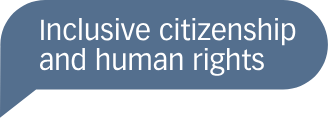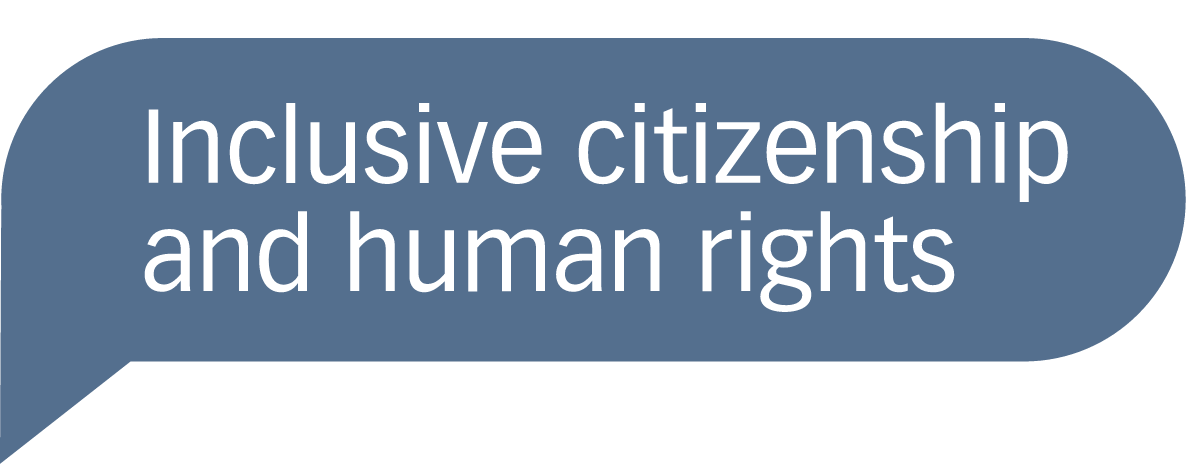
Human rights are closely linked and should be respected and upheld equally. However, in practice, tensions can arise between different rights, especially from religious context.
The recognition and protection of religion are essential elements of international human rights frameworks, with treaties and conventions aimed to safeguard religious freedom and encourage peaceful coexistence.
On this page, we explore the specific right to freedom of religion or belief, as well as the tensions that can arise between different human rights in this context. How might these tensions be addressed or challenged?
Freedom of Religion or Belief
Freedom of religion or belief is a fundamental human right that guarantees individuals the ability to practice, change, or abstain any religious belief without fear of coercion or discrimination. It safeguards both personal and public expressions of faith, including worship, education, and observance.
This right is among the other human rights that apply equally to all human rights. While it is a vital foundation for human dignity and diversity, this right is not absolute. Restrictions may be applied when necessary to protect public safety, order, health, morals, or the rights of others, but these limitations must be lawful, proportionate, and non-discriminatory.
What human rights can ensure religious diversity?
Rights of Religious Minorities: The concept of Freedom of Religion or Belief can be interpreted in various ways, often reflecting the tension between protecting majority interests and safeguarding minority rights. For religious minorities, this freedom is significant, as it ensures the ability to maintain and express their beliefs without fear of marginalization, discrimination, or coercion. Read More
Interpretation and understanding of religious freedom vary across countries.
Here is one such perspective from the Tunisian context.
Dr. Fernand de Varennes, Former UN Special Rapporteur on Minority Issues, explores the interplay between religious freedom and other fundamental rights.
Ghassen Ayari, Public Relations and Partnership Officer at Attalaki Organization and a filmmaker, explores the right to freedom of religion or belief in Tunisia and how international human rights standards are adapted locally.
Religion and Gender
Certain human rights are often exercised in connection with others. For example, the right to freedom of religion or belief encompasses the right of faith communities to choose and appoint their religious leaders. However, there are situations where this right may come into tension with other rights, such as the right to protection against discrimination based on gender.
Dr. Fernand de Varennes, Former UN Special Rapporteur on Minority Issues, explores the interplay between religious freedom and other fundamental rights, with a particular focus on gender perspectives.
Human Rights-Based Approach: Human rights are always being interpreted in a national context. It is also important to recognize that human rights are indivisible and that each right is interconnected and equally important. A human rights-based approach seeks to ensure that all rights are upheld together, with equal respect and implementation. Learn more about different approaches to teaching inclusive citizenship and human rights.
Rights of Religious and Linguistic Minorities
Human rights are not always static and monolithic, since they intersect with one another in a complex web and are affected by people’s circumstances. Since circumstances vary globally, this means that people are granted different human rights, and that rights taken for granted by some are not guaranteed for others.
Linguistic and religious minorities can be clear examples of this intersectionality, since linguistic and religious human rights can easily be threatened by an existing majority which doesn’t recognize the minorities’ rights.
This is a film about the regional forums organised by the UN Special Rapporteur on Minority Issues in 2019 on the rights of linguistic minorities in education. At the end of the film you will hear a song in the Amaziegh language.
Explore more
Interested in learning more about how freedom of religion or belief and other human rights affect one another?
Take our course on “Religious Diversity and Dialogue” or visit our “For educators” page for additional educational content.
For a more in-depth focus on this topic, visit our relevant page Human Rights of Minorities
To learn more about religious diversity and human rights, browse more of our resources here:
- Nazila Ghanea, Religion, Equality, and Non-Discrimination (research paper) (link)
- Freedom of Religion or Belief Learning Platform (educational platform) (link)
- UN Special Rapporteurs digest , Freedom of Religion or Belief (tips/ guidance) (link)
- Attalaki, Religious Freedom: A Sociological, Constitutional, Legal Approach (Research paper) (link)
- Ikram Dridi, Evolution of FoRB in the Tunisian Constitution (expert video) (link)
- ICHR, The Right to Learn One’s Own Language (expert video) (link)
- Nazila Ghanea, Navigating the Tensions: Women’s Rights, Religion and Freedom of Religion or Belief (research paper) (link)
Related Resources
Find digital tools produced in cooperation with partners and researchers from different regions.



